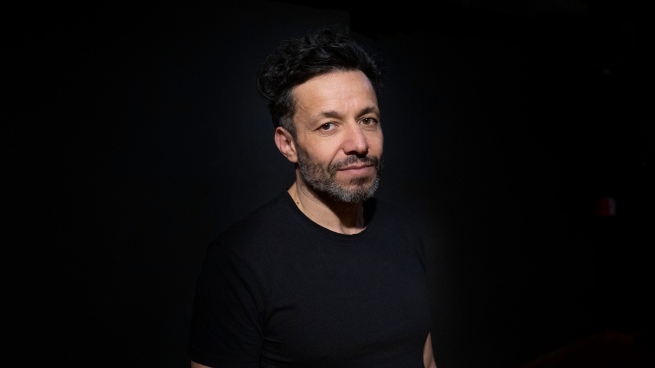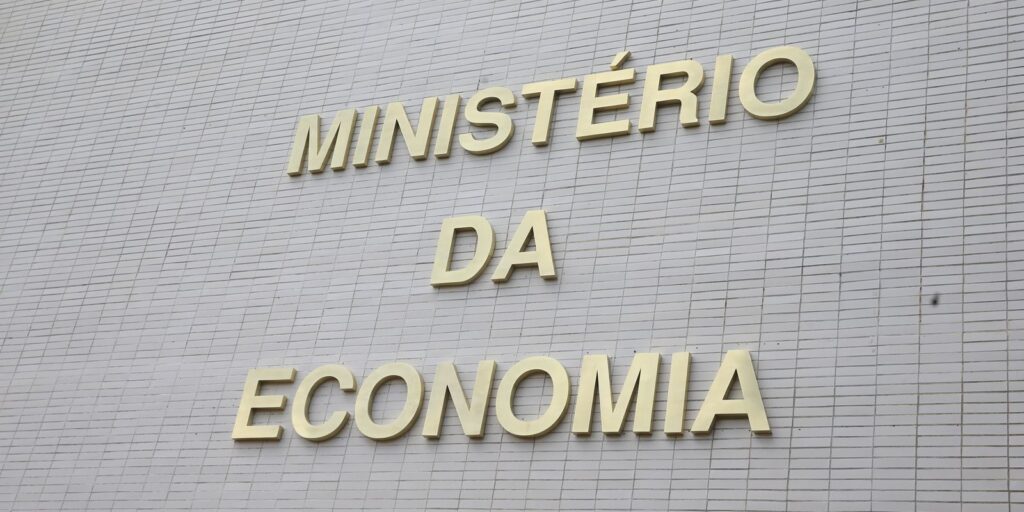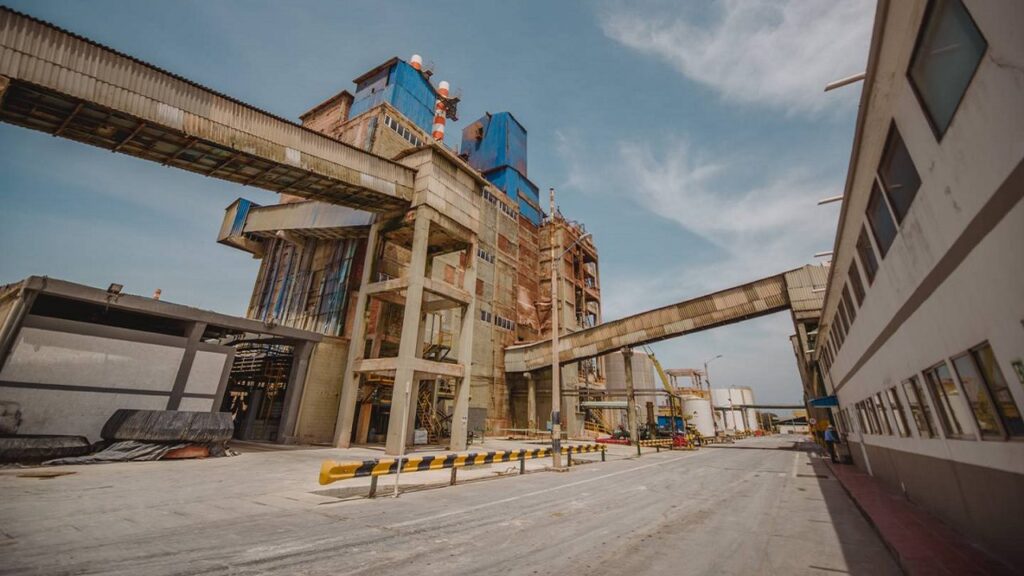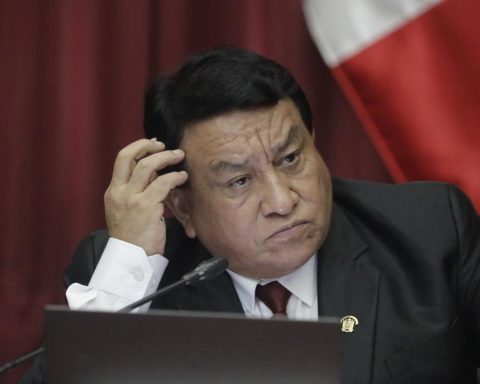The actor and director Marcelo Savignone has just released “De interpretatione”, a work in which he uses the philosophy of Paul Ricoeur to analyze and review his own theatrical production based on work with classics such as Chekhov and Shakespeare, creating at the same time a unique scenic device to which biography and fiction are not alien.
In a conversation with Télam, Savignone remarked that the origin of this production, which can be seen at Teatro Belisario (Avenida Corrientes 1624) on Saturdays at 10 p.m., stems from his systematic study of philosophy that began in the pandemic and from Ricoeur’s notion of the confession as a way to save the time that challenged him “to see what would happen if I confessed what happened to me as an actor and director during the montages”.
“A dramaturgy was put together from recreating today those texts that are from 10 years ago and confessing a little the problems of interpretation that were put into play when we interpreted them”Marcelo Savignone
Based on this premise, Savignone decides to walk in front of the public on an almost empty stage and with a keen eye for the lighting that enables beautiful pictures of images, three productions on Chekhov that had him as director and actor (“Un Vania”, by 2013; “Essay on La gaviota” from 2014 and “My three sisters” from 2016) where he “confesses” staging problems, circumstances, mechanisms and part of his biography in an intertwined and dramatically structured way.
“A dramaturgy was put together from recreating today those texts that are from 10 years ago and confessing a little the problems of interpretation that were put into play when we interpreted them,” he says.

Télam: How did you get to know Paul Ricoeur and his ideas that appear in “De interpretatione”?
Marcelo Savignone: The first material I dealt with on philosophy was with Spinozza (“Body”, 2020) and then during a pandemic I went to study philosophy, in that framework I came across Paul Ricoeur, who raises a series of ideas that they seem very interesting: one of them is that when one comes into contact with a text the author has died, in the sense that one dialogues with a text but not with the author, which seemed very interesting to me to think about the adaptation of the classics . Another of the things that he raises is that a text has many possible interpretations but not infinite, for which you cannot do anything when adapting a classic, there are limits; Those two questions were very challenging for my problem of interpretation and adaptation of Chekhovian or Shakespearean texts, which are my most common places. Then I came across a text called “Time and narration”, where Ricoeur starts from Saint Augustine and proposes confession as narration and as a way to save time and that is the place that made me vibrate the most as an artist, confession as a way to save the time of these works.
– What confessions appear in this work you are doing?
– There is something interesting that is played out and it is this question that the work appears but behind the work itself there is always a whole journey to become that which is also poetry, and in “De interpretatione” there is an attempt to put into value the poetry behind the work that one sees: to value that the light setting I did in “La gaviota” was not only the light setting of “La gaviota” but also the last time I saw my father , all that combination seemed to me a framework of a singularity that had value to investigate because as an artist one goes looking for how to express oneself and how in that expression one finds his singularity, that is one of the topics that I go through, how I express through Chekhov my singularity.
– There is the story, there are the previous plays, the biography and the fiction.
– Many things are very biographical, others are fictionalized in the sense that the stories are fiction: there are no facts, there are interpretations, and the stories also allow us to “awaken from the fiction of this world”, it seems to me that the work is in those spaces to talk about the different degrees of fiction or interpretation. In “Poetics”, Aristotle states that fiction is much more philosophical than history, and Ricoeur says something very interesting in the sense that at a certain moment he points out what we could know about hate, love, ethics if it were not for Literature.
– In “De interpretatione” Chekhov and Shakespeare appear.
– Chekhov is a self-confessed admirer of Shakespeare and so in that they raise certain oppositions, in Shakespeare the tyrants say “I’m going to do this” and they go and do it, in Richard III “I’m going to kill my brother and then I’m going to kill this and this” and he does it, instead Chekhov says “I’m going to do this” and does nothing, it’s like painful, Chekhov is painful but it has Shakespeare as a backdrop, those things also have to do with my theatrical confession since I have been working in those territories for a long time and they have taught me a lot. I do theater there because many people who did it and thought about it before and I am here today and I hope someone does it because I do it.
– You wrote this play, you direct it and you act it, how was the process?
– First I try to understand the world I want to tell, in this case Ricoeur, to see what it allows me, and I write that, then I begin to put it in the body, being someone of theater, I understand more deeply when I put the body, then I am something that emerges as an actor and I understand a lot from there. To recapitulate: I write, I put in the body, I also have a work team that accompanies me, sometimes I film to direct myself, and then I rewrite. I know that what I wrote is going to be rewritten, and a large part of rewriting is not only the modification of the text but the staging, it is the body and the staging that help me to rewrite.
With interpretation, dramaturgy and direction of Marcelo Savignone; lighting and visual installation by Nacho Riveros, sound art by Luis Sticco, general assistance by Milagros Coll, Damián Minervini, Guido Napolitano and Belén Santos, costumes by Mercedes Colombo, “De interpretatione”, a production that won the CTBA Award for theaters on the independent circuit, it can be seen on Saturdays at 10 pm at Belisario Teatro (1624 Corrientes Avenue).



















